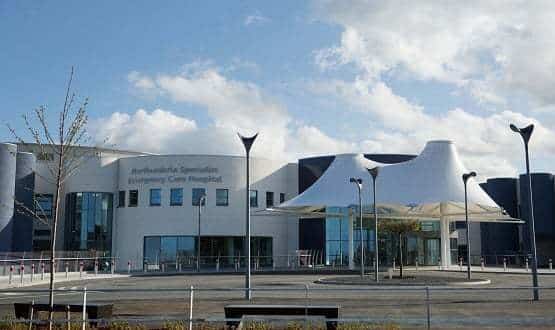Maudsley looks to ‘insource’ services
- 20 April 2011

South London and Maudsley NHS Foundation Trust is hoping that a new digital network will help it to meet efficiency savings targets by ‘insourcing’ services for other NHS organisations.
The mental health trust has invested in a high-speed fibre optic network from Virgin Media Business, to improve staff access to the Electronic Patient Journey System that it has developed, and to promote phone and video conferencing.
But it is also planning to offer use of the network to other organisations through the Public Sector Network.
This is a Cabinet Office initiative to create a ‘network of networks’ and save up to £500m a year by establishing a new market-place for government, local authorities and third-sector bodies looking for voice and data services.
Ricky Mackennon, deputy director of ICT and business development for the trust, told eHealth Insider that the potential opportunity to offer services to other organisations had “become increasingly prominent with the changes in the economic climate and the increase in efficiency savings that we are required to make.”
He added: “We are hoping that it will make a substantial, if not a total contribution to the CIPS (cost improvement plan savings) we need to make; across the organisation, not just in IT.”
South London and Maudsley is a large trust that provides mental health and substance misuse services to 1.1m people from Croydon, Lambeth, Southwark and Lewisham in London.
Unlike most other mental health trusts in London, it does not use the RiO electronic patient record developed by CSE Healthcare and delivered to London mental health and community trusts by the National Programme for IT in the NHS.
Instead, it has developed its own system, known as EPJS, which Mckennon said was “built around clinical processes at the trust” and offered “functionality above the RiO offering.”
The new, IP-based network has given the trust’s 5,000 staff better access to the system by connecting its 80 sites to a central computing hub in Beckenham, at speeds ranging from 10 Megabits per second to 1 Gigabit per second.
This has enabled the trust to extend the EPJS system by adding access to scanned paper documents, giving its clinicians access to everything that is known about a patient’s history and diagnosis.
Mackennon said the network would also encourage staff to use phone and video conferencing – improving communications and cutting time spent travelling to meetings – by eliminating picture and sound distortion.
Trust staff can use 30 dedicated video conferencing facilities, or phone and video conference on their desktop and home PCs. The trust is also looking at the introduction of touch-screen tablets for access to its applications.
However, Mackennon said it was “excited” about the opportunity to offer services to other organisations, through the PSN Gateway. He told EHI these might range from connection to the personal demographics service, to hosting applications and providing network support.
“Some people talk about outsourcing, and this in one sense is outsourcing, but the added benefit is that we can say ‘you know where we are, you know where our network is, and that is where your data will stay’,” he said.




